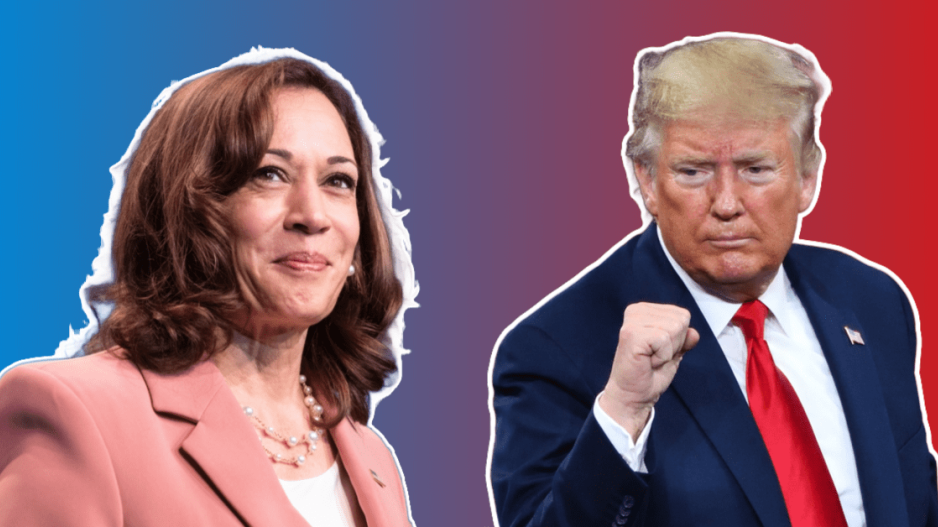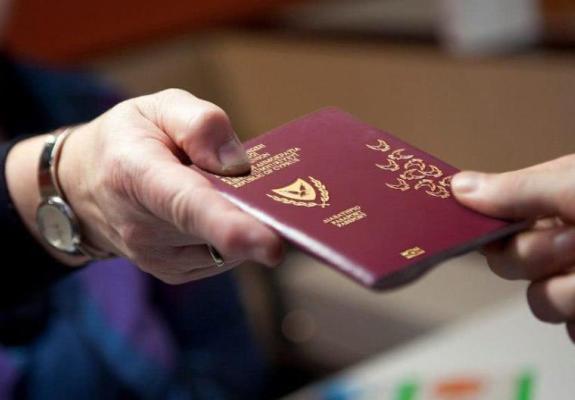U.S. Election Voting Underway – What a Trump or Harris Victory Means for Europe
As Americans head to the polls today, the European Union closely monitors the U.S. presidential election, aware that the outcome will significantly influence transatlantic relations. The contest between Vice President Kamala Harris and former President Donald Trump presents two distinct foreign policy trajectories, each with profound implications for Europe.
Vice President Harris advocates for a robust commitment to NATO and the transatlantic partnership. Her approach emphasizes collaboration on global challenges, including climate change, technological innovation, and security threats. Harris's support for NATO is expected to reinforce the security guarantees that have underpinned European stability since World War II.
Harris's administration would likely continue supporting Ukraine against Russian aggression, maintaining sanctions on Moscow and providing military aid to Kyiv. This steadfast support aligns with the EU's stance and would bolster collective efforts to counter Russian aggresion.
Economically, Harris aims to strengthen trade ties with Europe, promoting policies that encourage mutual growth and address shared concerns such as digital taxation and regulatory standards. Her administration is anticipated to prioritize multilateralism, working within frameworks like the World Trade Organization to resolve disputes amicably.
A potential second term for Donald Trump raises concerns in Europe about a more transactional U.S. foreign policy. During his previous tenure, Trump criticized NATO allies for insufficient defense spending and suggested reducing U.S. military presence in Europe.
Trump's approach to the Ukraine conflict could diverge from current policies. He has indicated a desire to negotiate a swift end to the war, potentially leading to a settlement favorable to Russia.
On trade, Trump has previously imposed tariffs on European goods and criticized EU trade practices. A renewed focus on "America First" economic policies could lead to increased trade tensions, affecting industries on both sides of the Atlantic.
European leaders have expressed apprehension about a potential Trump victory, fearing a weakening of international norms and a more unpredictable U.S. approach.
In contrast, a Harris presidency is viewed as a continuation of the collaborative relationship fostered during the Biden administration.
Regardless of the election outcome, the EU recognizes the need to bolster its strategic autonomy. Initiatives to enhance defense capabilities, diversify energy sources, and strengthen economic resilience are underway to mitigate potential disruptions in transatlantic relations.






